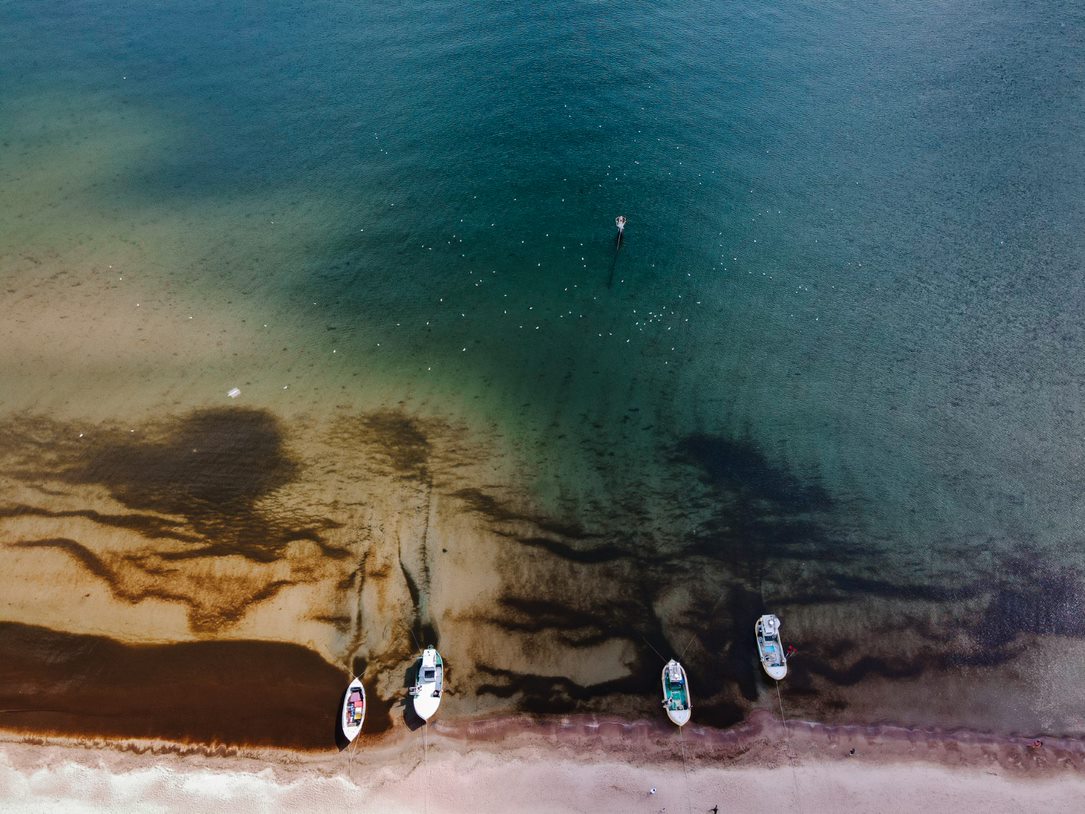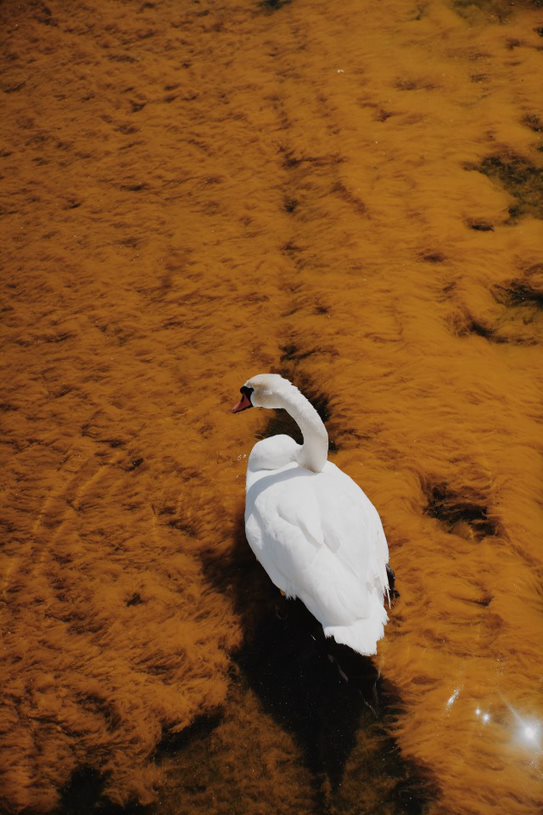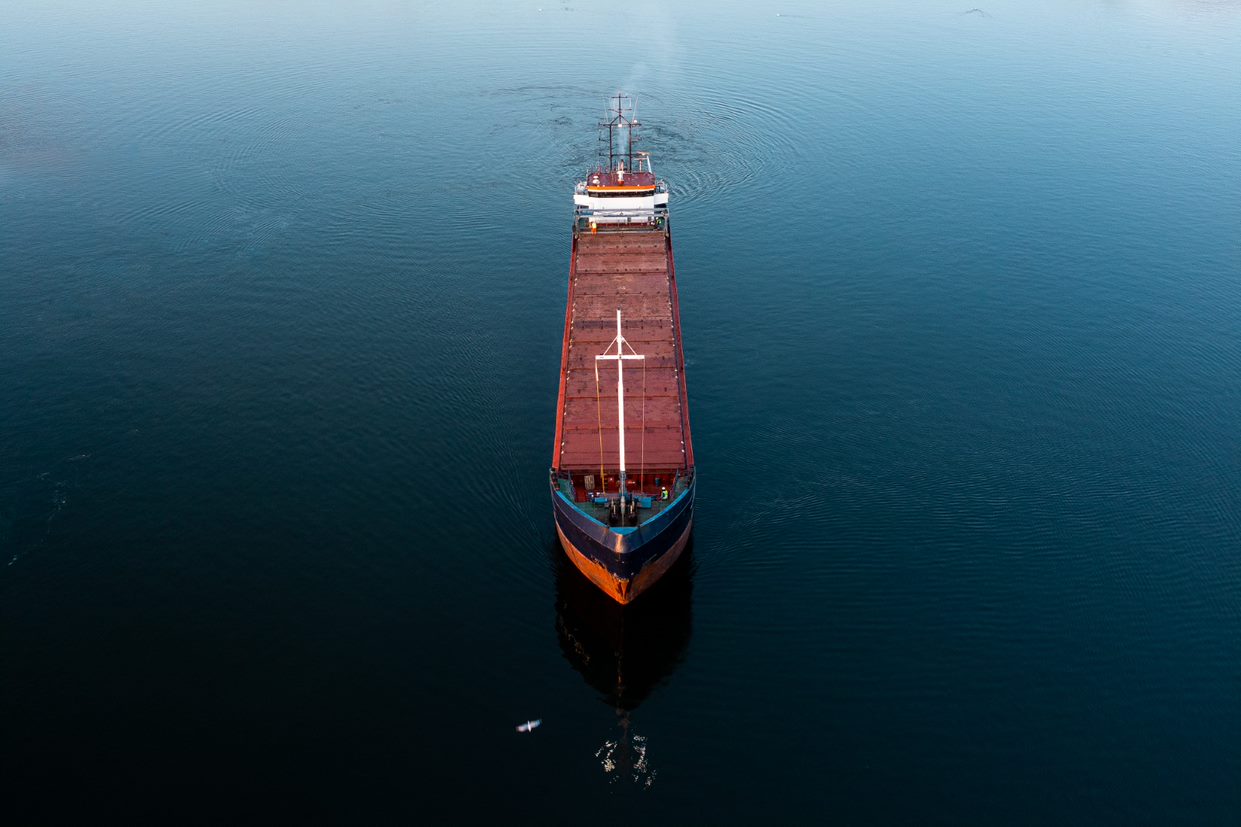Baltic Ecological Calendar
It means a lot that we are so close to the sea. It has prompted us to produce an ecological calendar. Here are some dates that, apart from Earth Day, it is good to know or, at the very least, to have them in the back of one’s mind and be aware of their existence. There are almost ten of them, all more or less connected with the Baltic Sea. One day in particular stands out, which is where we begin.

22 March | Baltic Sea Protection Day
The most important day in the calendar of our sea was initiated exactly 25 years ago by the Helsinki Commission (HELCOM). It is widely believed that the Baltic is the most polluted sea in the world, but that is an exaggeration. However, the situation is by no means rosy: remember World War II chemical weapons, tonnes of plastic, sewage. This special day is meant to raise awareness of the problems and spur action. It is part of the World Water Day.
22 March | International Day of the Seal
Seals have their special day on 22 March, as well. Three species of seals live in the Baltic Sea: grey seal, common seal, and ringed seal. To say that seals have suffered a lot at the hands of humans is to say nothing. Especially in the case of the grey seal, intensive hunting has dramatically reduced the population in the Baltic Sea. Thanks to international cooperation, the grey seal population has been partially restored. The day of the seal was adopted by the US Congress exactly 40 years ago to draw attention to the uncertain future of these marine mammals. It has taken hold globally.
1 April | International Bird Day
A date easy to remember for obvious reasons. The origins of the bird day go all the way back to the first decade of the 20th century. In the context of the Baltic Sea, we are interested in seabirds, first and foremost seagulls. A seagull can be found in the coat of arms of Sopot. On this day, which is also April Fool’s Day, let us commemorate the birds of our sea, companions of walks along the beach. The European Birds Day falls half a year later.

22 April | Earth Day
The best known date in the ecological calendar. It probably needs no introduction. Recall that the first Earth Day was held in 1970. It has since become a global event. In 2020, the expected special celebrations to mark half a century were thwarted by the COVID-19 pandemic.
20 May | European Maritime Day
It is one of the youngest holidays on our list, established by European Union bodies in 2008. It is meant to raise awareness of the importance of the seas among the populations of the EU countries – and there are nearly 450 million of us. It should also provide an extra opportunity to discuss the protection of our sea. It is held every year.
Third Sunday in May | International Day of the Baltic Harbour Porpoise
There are only about five hundred of these magnificent marine mammals living in the Baltic Sea. In other words, the Baltic population is critically threatened with extinction. Unfortunately, this is another human “creation”. One of the areas where encounters with this amazing creature are most common is the Bay of Gdańsk. The day was established twenty years ago. The next one falls on Sunday, 21 May 2023.
5 June | World Environment Day
It has been celebrated once a year for nearly half a century. It was established during the Stockholm Conference organised by the United Nations in 1972. It is worth noting that it was the first global conference on the environment. The holiday is meant to raise awareness and knowledge about the environment and the threats it faces due to human activity. The most recent World Environment Day was held under the theme “Only One Earth”, which was also the theme of the Stockholm conference 50 years ago.
27 June | World Fisheries Day
Its origins date back to the mid-1980s, when it was established by the World Conference on Fisheries. The purpose is to draw attention to sustainable fishing which is imperative in an era of massive overfishing. Note that the Baltic Sea is struggling with this problem. The European Commission has decided to ban cod fishing in the Eastern Baltic. The ban came into force at the beginning of 2020 and has been in place ever since. Salmon fishing has also recently been halted.

Last Sunday in September | World Rivers Day
The holiday is relatively young as it has been held since 2005 under the auspices of the UN. The objective is to raise awareness of the importance of rivers in our lives and the need to protect them. Poland’s two largest rivers flow into the Baltic Sea, bringing with them a considerable amount of pollution. The condition of the sea depends on the condition of the rivers. In view of this year’s events on the Oder, the holiday takes on special significance. We have a long way to go. The next World Rivers Day falls on 24 September 2023.
 Powrót
Powrót